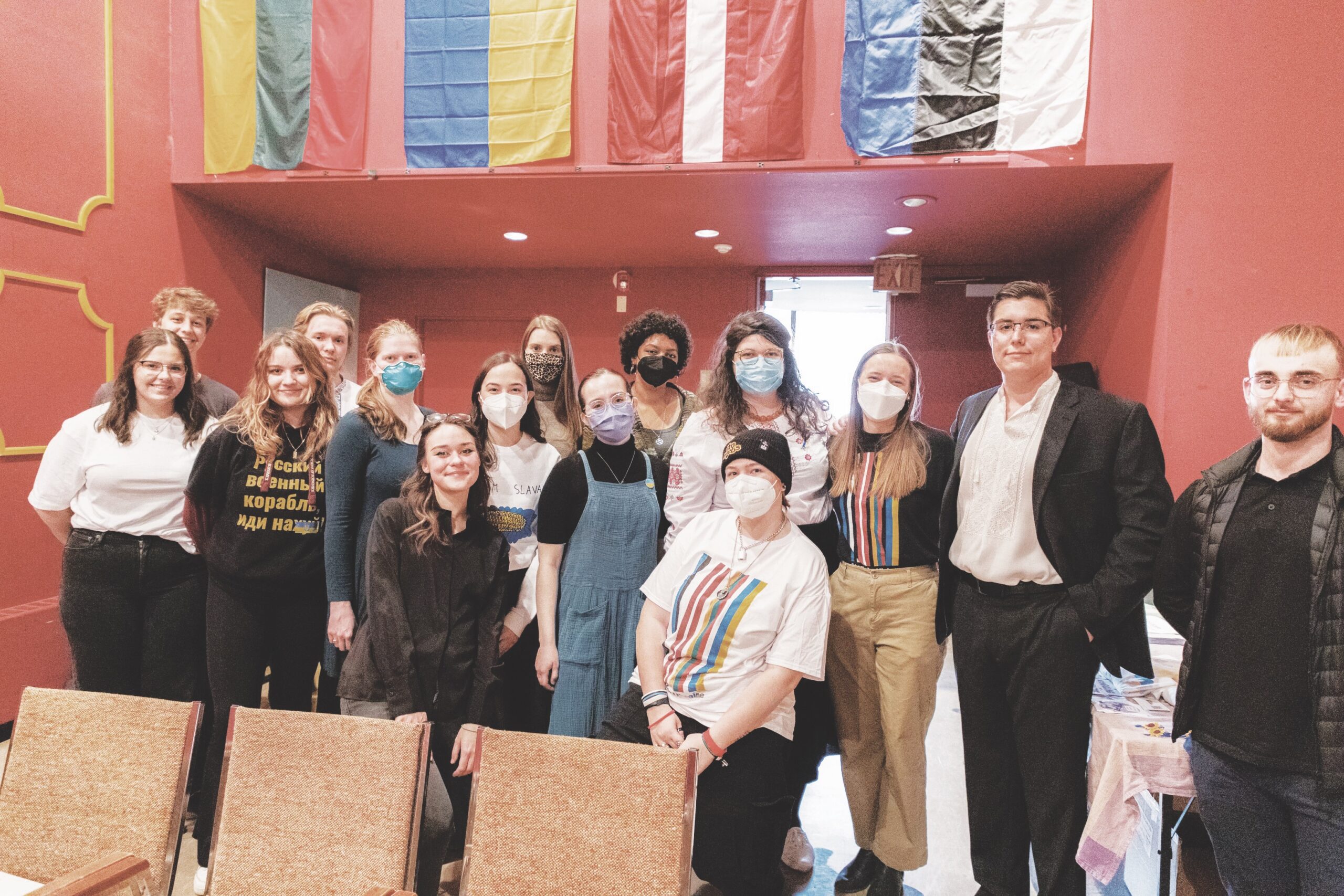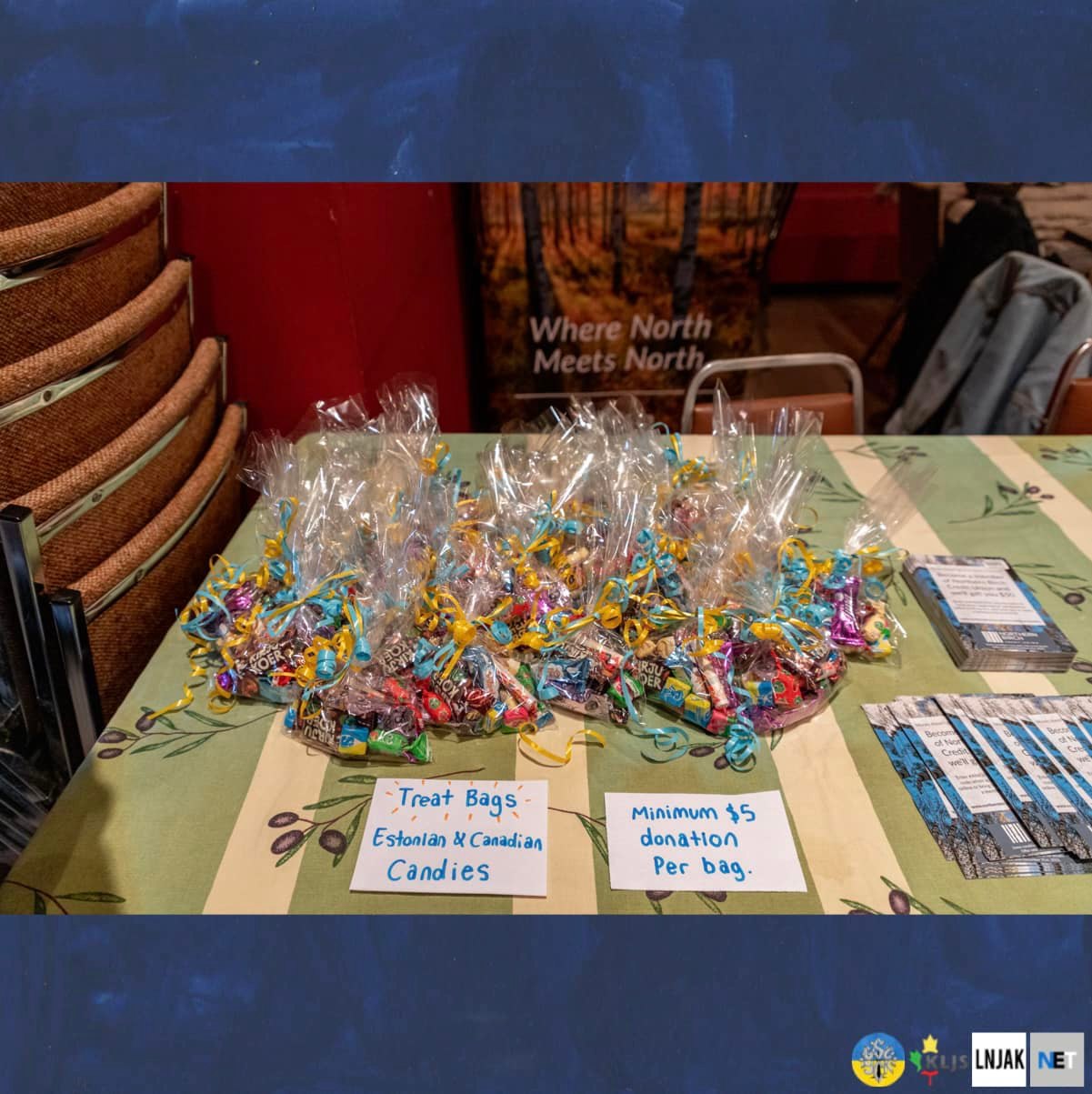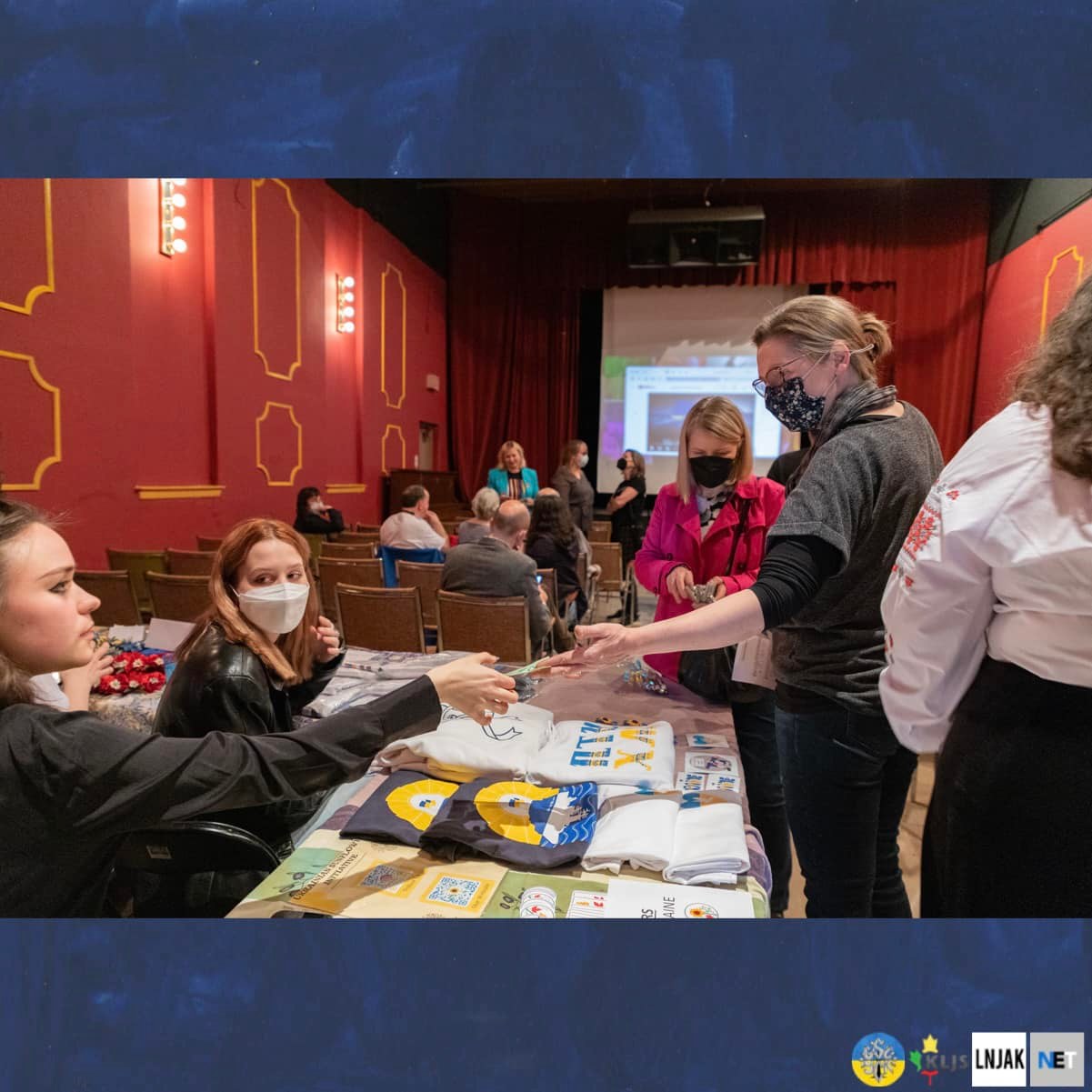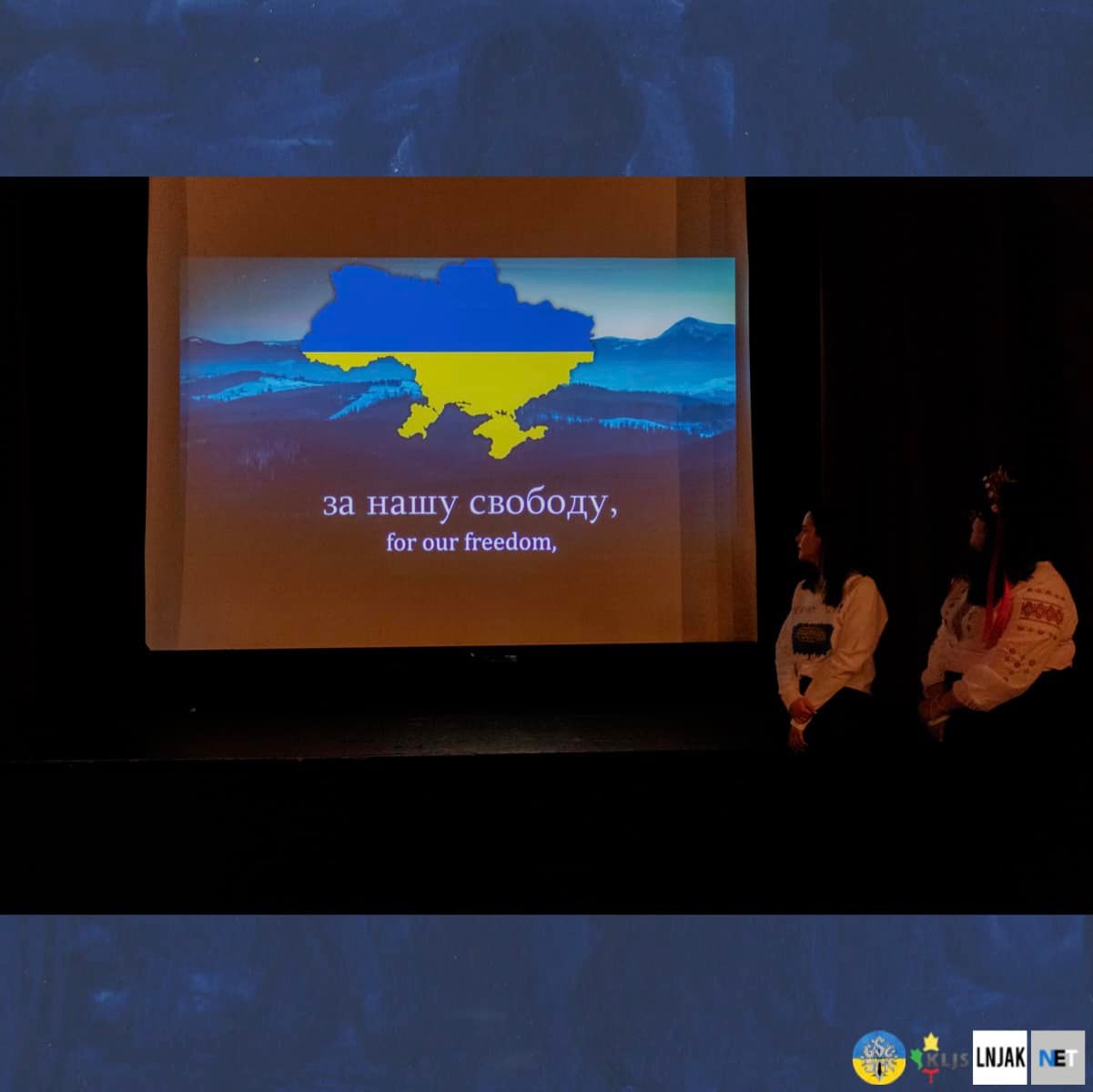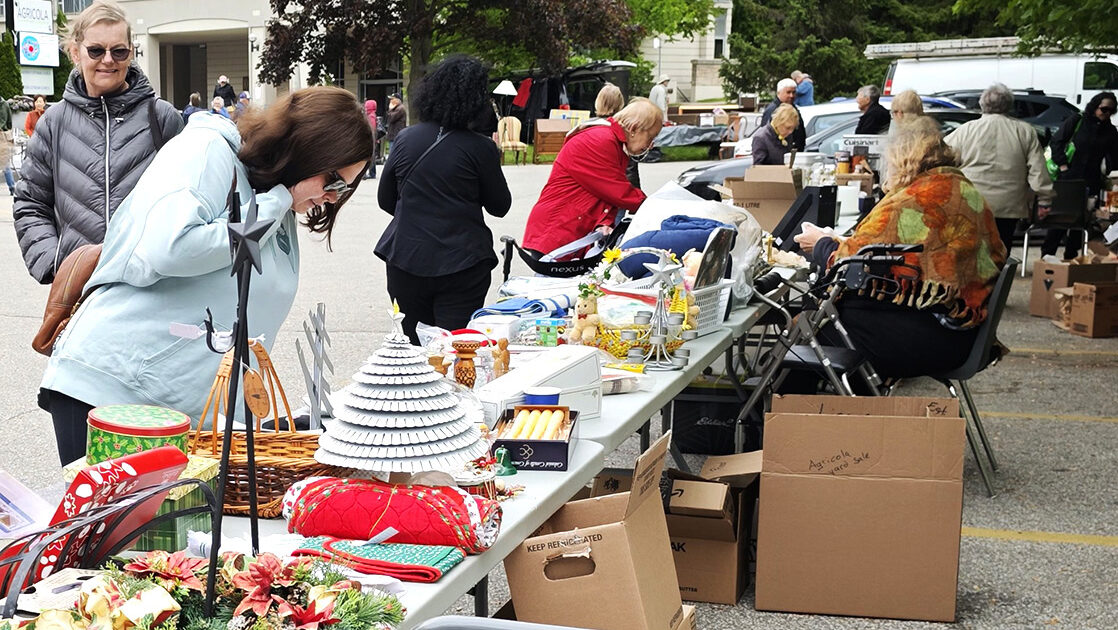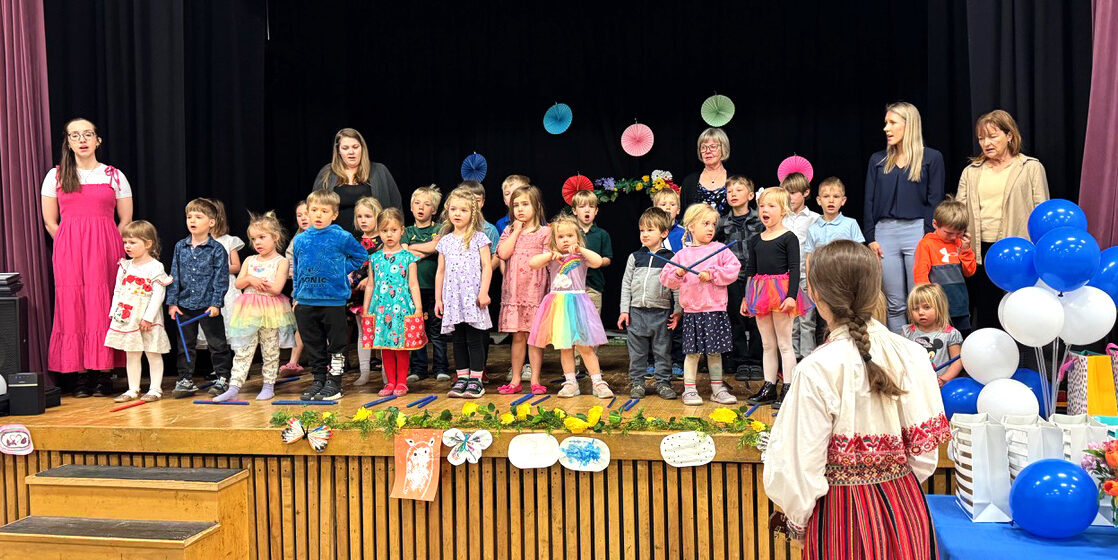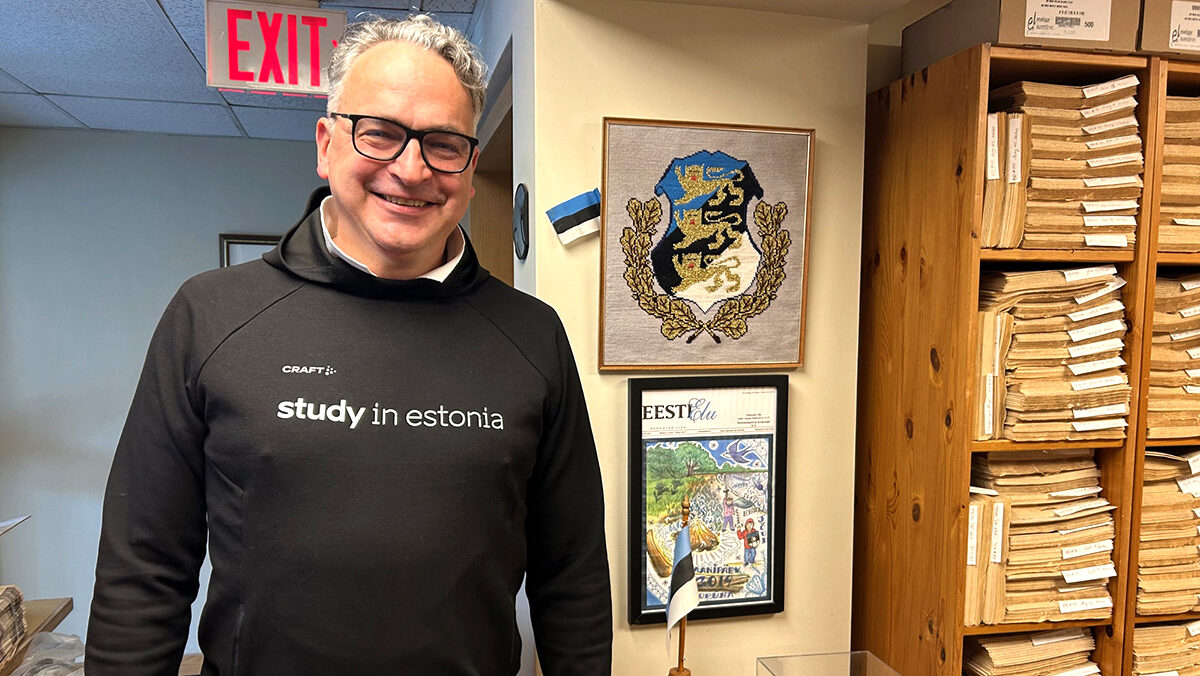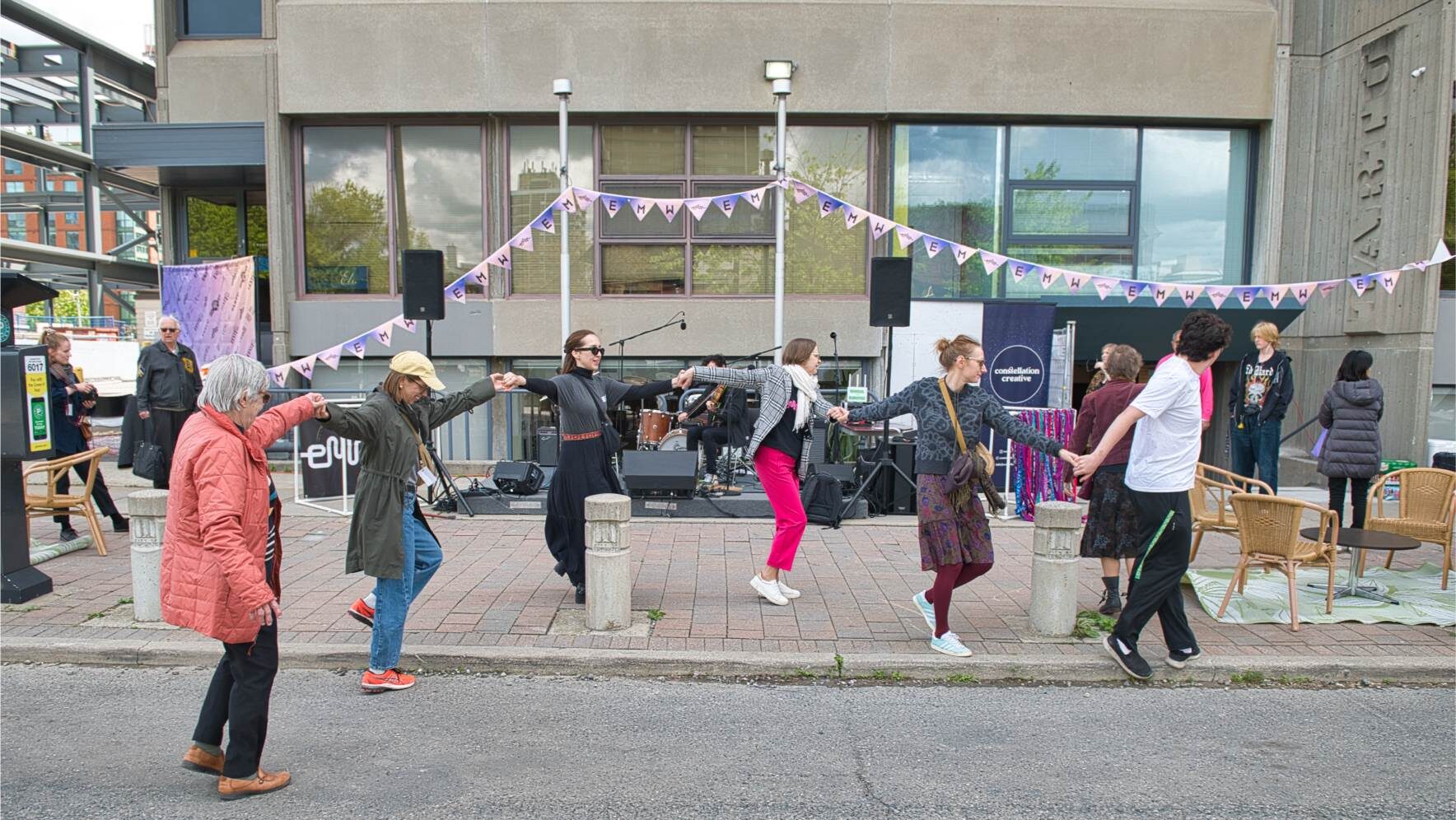NET’s aim is to bring together young Toronto-based Estonians by creating events and community projects. What inspired you to create NET? What will NET bring to the community that hasn’t been done before?
Liivi: While working at the Northern Birch Credit Union alongside the Latvians, it was mind-blowing for me to find out that they have an established youth group in Toronto that organises events for youth past the age of 18. The Estonians don’t have anything like that. Of course, there’s always people in the Estonian community that are happy to organize events, but I think NET is different because it will be a more concrete, structured body that we can easily pass down through elections or what have you.
Tory: NET also is unique because of our efforts to collaborate with other baltic youth groups in Toronto.
Why is it important for you to collaborate with these groups?
Genevieve: Our parents' generation used to be connected with other baltic communities, but somewhere in between then and now we’ve lost it. It's nice to rekindle that.
Liivi: Our communities are so similar in so many ways when it comes to cultural dress, traditions, and extracurricular involvement so it makes sense to collaborate with them. We’re all small communities to begin with and it's always nice to meet new people.
How have your experiences growing up in the Toronto-Estonian community impacted the scope and design of NET?
Genevieve: A trend I’ve noticed is that once people reach an age where they’re too old for their extracurriculars (Estonian school, camps, etc.), they become disconnected from the community because there is nowhere for them to go. They go off to school or wherever and only return to the community once they have kids of their own and the cycle repeats. But what the Latvians and Lithuanians have are youth groups that last until you’re about 35. I think that’s what we’re trying to emulate with NET.
Liivi: It seems like the only options for involvement past a certain age are working in something you used to be a part of (helping out in Estonian school, being a counsellor, etc.) Although those still provide a sense of community, it still feels more like a work position. I’m not saying that it's labour intensive to volunteer, but it would be nice to be involved in a way that's not based on giving your time or working.
Tory: We also want to get rid of any cliquey-ness. Your participation doesn’t have to be consistent and you don’t have to know everyone to go. We want to make NET events as open as possible. If you haven't been involved in the community for a few years we’re open for you to come back!
Liivi: Also, with my experiences being visibly mixed, I hope to make a space that is inclusive to everyone, regardless of expression and identity.
What types of events can we expect to see from NET? What will their timing be like?

Fotogalerii
NET Fundraiser
Liivi: I feel like everyone who has gone to Estonian camps loves the weekly dances, so upcoming events will try to host something similar to those in the city. These will be catered for people around 18-35. Overall, I think we’re aiming for 4-5 events a year.
Where will these events be posted?
Tory: On our instagram, @nooredeestlased.to and our facebook, which is the same. You can also get in contact with us via email, nooredeestlased.to@gmail.com
Your first event, A Night At The Movies: The Baltics Stand With Ukraine was a big success! Why was it important for you to have a fundraiser for Ukraine?
Genevieve: It's important for us to show that baltic youth are strong and aren’t going anywhere regardless of Russia’s aggression.
Liivi: We recognize the similarities between the current crisis and the type of subversion our community has historically gone through. Looking forward, we could also be in the same vulnerable position, so it's important to show our solidarity and support.
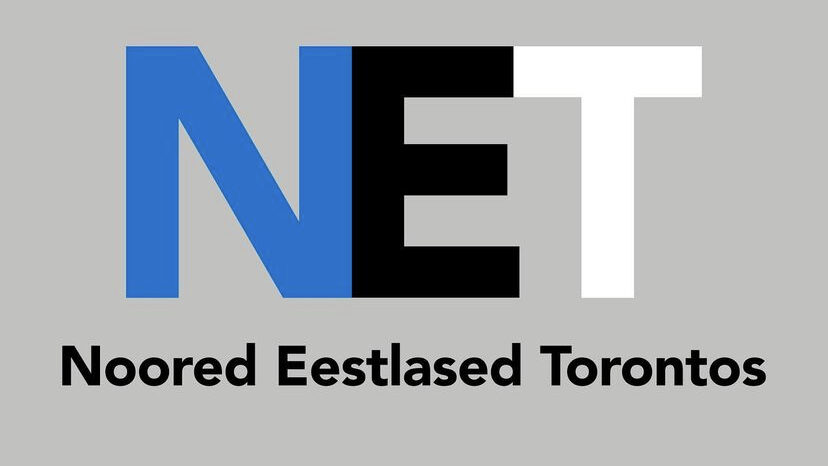
(Edited for clarity.)
This article was written by Natalie Jenkins as part of the Local Journalism Initiative.
